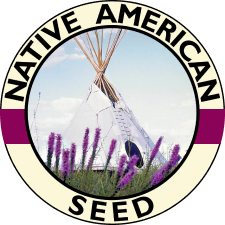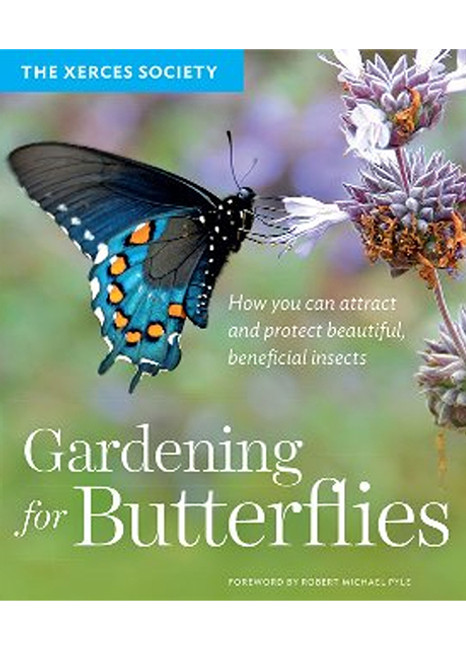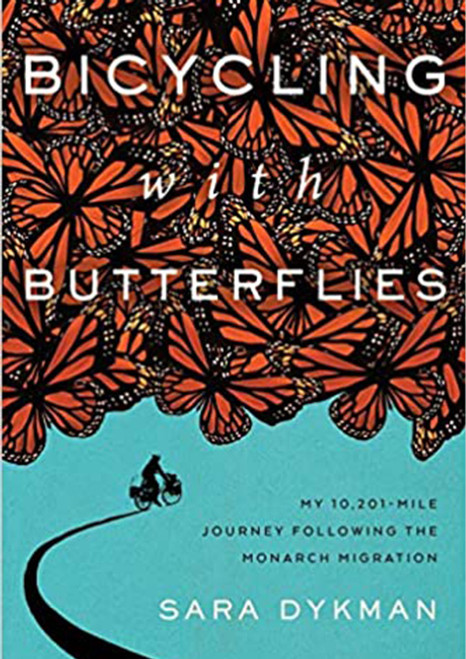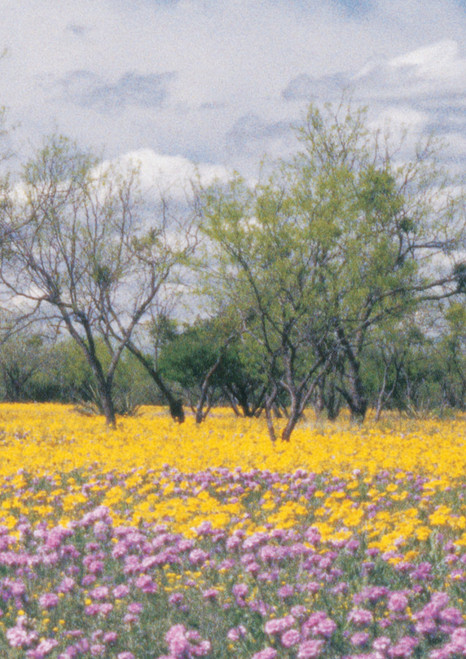Host a party for butterflies at your place! Select a sunny area. These native annuals and perennials will do the rest. Next spring your Butterfly Retreat will invite your guests to feast on nectar and color throughout the season. Butterflies bring you dances of life that continue for years to come. Contains a beautiful mix of species that will host butterflies in each phase of their life cycle. Planting for Pollinators Sometimes I think that we tend to forget about the smaller things in life that really do make the world go 'round. Just as all types of wildlife have suffered from the increased fragmentation of land through urbanization so have the bees, beetles, & butterflies. Use to beekeepers would ask farmers if it would be alright to set a beehive next to their crops in exchange for some honey. Now Farmers are paying beekeepers to bring in hives for their crops, sometimes from miles away. About 1/3rd of the U.S. food supply depends of pollinators. That doesn't include all the backyard gardens and orchards that we plant for our own private use. Why the decline in pollinators? Could it be the increased use of pesticides by farmers and urbanites with bug fetishes who install systems that douse their yards every night?
Whatever the reason even the U.S. government has gotten involved by offering incentives for people to plant pollinator habitats. Which brings up the question of what do pollinators like? The answer to that question would be any plant that produces nectar; of course some are better than others. Your local NRCS office will have all the details for your area. Another thing to consider is that pollinators need nectar throughout most of the year not just in spring. At Native American Seed we have a Butterfly Retreat Mix that provides a selection of the best nectar producing native plants as well as a long continuous bloom time. The Bloom time starts in Feb. with Winecup and ends in Dec with Gayfeather, with an additional 25 different wildflowers species blooming in between. Fall is the time to plant wildflowers for a spring, summer and fall pollinator buffet.
- AMERICAN BASKETFLOWER
- BLACK-EYED SUSAN
- BLUE WILD INDIGO
- BLUEBONNET
- BUTTERFLY WEED
- COWPEN DAISY
- CUTLEAF DAISY
- GAYFEATHER BLAZING STAR
- GOLDEN-WAVE
- GREENTHREAD
- ILLINOIS BUNDLEFLOWER
- INDIAN BLANKET
- LANCELEAF COREOPSIS
- LEMON MINT
- MAXIMILIAN SUNFLOWER
- PARTRIDGE PEA
- PRAIRIE GOLDENROD
- PRAIRIE VERBENA
- PURPLE CONEFLOWER
- PURPLE PRAIRIE CLOVER
- SHOWY MILKWEED
- SMOOTH WHITE PENSTEMON
- STANDING CYPRESS
- STIFF GOLDENROD
- SWAMP MILKWEED
- TAHOKA DAISY
- WINECUP (ANNUAL)
- WOOLLY CROTON















